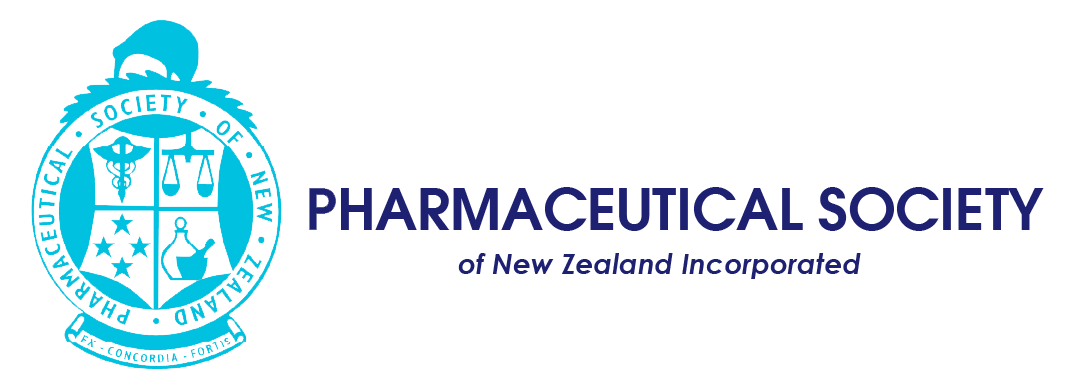Minor Ailments
PHARMACISTS ARE TRAINED TO PROVIDE MINOR AILMENT TREATMENT
Responding to recent comments in the media on Health Minister Andrew Little’s suggestion that pharmacists could play an important role to provide treatment for minor ailments, the CEO for the Pharmaceutical Society of New Zealand (PSNZ), Richard Townley, said: “There are many examples in the community of minor ailments being treated by the patient’s healthcare team in the most effective and efficient way.”
For example, women with suspected Urinary Tract Infection urgently requiring consultation and treatment can now see their pharmacist immediately and not wait to get an available GP appointment which, in some cases, people have reported it can take a couple of weeks to secure. Urinary Tract Infections often require urgent diagnosis and same day commencement of a course of antibiotics to prevent debilitating pain. Pharmacists can supply patients with prescription antibiotics following diagnostic consultation. The pharmacists providing this service are trained and qualified to do so. A Ministry of Health committee of doctors and pharmacists changed the rules on 25 October 2022 to enable the prescription medicine nitrofurantoin to be directly provided by pharmacists to patients in need following consultation.
Minor ailments are generally defined as conditions and issues that pharmacists currently treat and consult with patients on every day in pharmacy and are professionally qualified to do so. This ‘first point of contact’ health care model has already been successfully implemented internationally and will only bring great benefits to patient care here in New Zealand.
Pharmacy is at the frontline of the New Zealand health system. As demonstrated in COVID-19, pharmacy provides essential face-to-face access six or seven days a week to meet the needs of the community. The pharmacy workforce has demonstrated they have the capability, capacity and competence as medicines experts working across the health sector. Mr Little’s recent suggestions that pharmacists may soon be funded to treat minor conditions reflects the current health system situation where GPs’ are clearly feeling the pressure. This new initiative will not only ease the GPs’ workload, but, in the end, the public will benefit enormously, which is what really matters.

